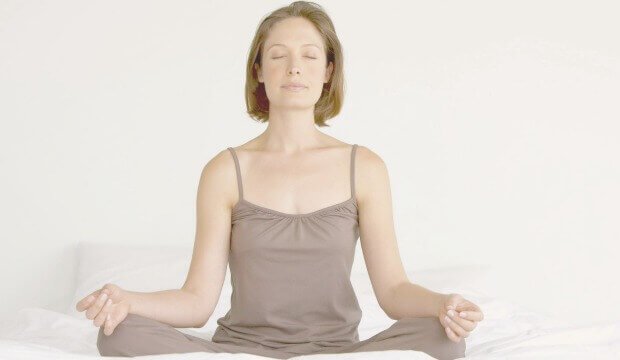Health:
Reduce Anxiety With These 5 Techniques For Everyday Success
Health:
6 Aug 2016

Stress and anxiety can be debilitating, it often leads to a withdrawal from society and living in a place of unfounded fear, it is, therefore, a logical conclusion that we need to do everything within our power to reduce anxiety.
How To Actively Reduce Stress
Stress is brought on by modern life, traffic, constant work deadlines and even a tense home environment. It has been found that exposure to stress early on in life may cause an increased vulnerability to stress and anxiety in later life. Furthermore it may even open the door to being a predisposition of not being able to process and cope with ongoing stress.
Scientists have shown that there is a molecular, cellular and structural difference in the brain of someone with an anxiety disorder as opposed to those without? However, anxiety is misunderstood because there are no visible symptoms.
5 Ways To Treat And Reduce Anxiety:
1. Meditate
Meditation has been shown to benefit by reducing stress and anxiety, whilst improving concentration and productivity. The long-term benefits of meditation include the improving of brain Gyrification a process of the folding of brain tissue, this allows the brain to process information more efficiently.
2. Exercise
Physical activity releases your Endorphins or happy hormones, leaving you in a better mood. Exercise improves your energy levels and overall health and wellbeing.
3. Calming Music
When listening to calming music the brain can release a chemical called Dopamine, which makes us feel both happy and relaxed. Studies have also found that certain types of relaxing music can improve memory function.
4. Brain Training
Brain training makes use of neurofeedback technology, it studies the brain and how it functions. The detailed data received from the brain mapping session reveals areas of the brain which need to be exercised either via visual, sound or alternative means. Brain Training has been proven to be highly effective in treating both stress, anxiety and the adverse effects of them such as brain fog, memory loss, and emotional instability.
5. Keep A journal
By writing down the day’s events, you can reflect on what were your stressors. It reveals what triggers your anxiety and subsequent patterns in your behaviour. As a result you will be better equipped to manage your stress and anxiety levels.
Do not become a captive to anxiety, but rather chose to tackle it head on.

Comments